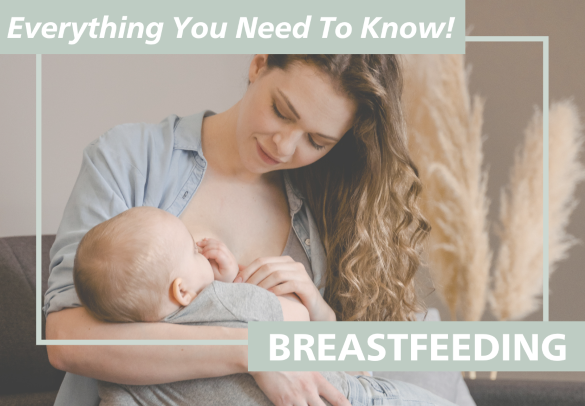Egg is one of the most important sources of protein eaten by humans, but it also causes common allergies in children. Children who have an egg allergy usually start in infancy. The good news is - most children grow out of egg allergy before they reach school age, or latest before 16. But as long as a child is experiencing any allergy symptoms, it’s important to avoid eggs (and all foods that contain eggs).
Symptoms of egg allergies
Most reactions to eggs are mild. When someone with an egg allergy has something with egg in it, it can cause symptoms like:
-
Eyes: itching, tearing, or redness
-
Nose: sneezing, running nose, or itching
-
Mouth: tingling
-
Throat: itching
- Lungs: difficulty breathing, coughing, or wheezing
-
Skin: hives, red spots, or swelling
When your kid has a very serious allergic reaction, which can cause anaphylaxis. Medical care is needed right away because he/she may have a drop in blood pressure.
Diagnosis of egg allergy
The diagnosis of egg allergy is based on the history of previous reactions and can be confirmed by -
-
Skin tests (SPTs): Put a gentle pinprick egg extract on the kid's skin. If the area swells up and gets red (can be like a tiny mosquito bite), the kid is sensitive to eggs
-
Blood tests (IgE/RAST).
Don’t trust other tests that may be offered online or by people without proper medical qualifications.
Which part of the egg causes allergy?
Both egg yolks and egg whites contain proteins that can cause allergies. But allergy to egg whites(also known as albumen) is most common. It's possible for breast-fed infants to have an allergic reaction to egg proteins in breast milk if the mother consumes eggs.
If your child has an egg allergy, the doctor will likely advise that eggs be avoided entirely. It is like a mission impossible to separate egg whites and egg yorks.
Avoiding eggs
Prevention of egg-allergic reactions means avoiding eggs and egg-containing foods. People with an allergy to chicken eggs may also be allergic to other types of eggs, such as goose, duck, or turkey eggs. Most people find it necessary to strictly avoid any item containing eggs, such as butter, cakes, muffins, croissants and biscuits.
Parents should inform school, nursery or other carers of your child’s allergy and also provide emergency antihistamine medication (plus adrenalin if prescribed).
What are the egg substitutes for baking and cooking?
-
Aquafaba(Chickpea Water):
Such as canned chickpeas, black beans, kidney beans, lentils, the liquid in the can or leftover from the rehydrating process of dried beans can be used as an egg white substitute. It whips up just like egg whites do, and can be used for similar applications.
-
Ground flax Seeds/chia seeds + Warm Water:Flax and chia seeds both create a gel when added to water, which can combine ingredients together. And they are high in omega-3 fatty acids, fiber, and other unique plant compounds. It has a viscosity similar to eggs and it works best as a binder.
1 tablespoon ground flax/chia seeds
+ 3 tablespoons warm water = 1 egg
- Applesauce, mashed banana: These all work in a similar way with a smooth, slightly thick but watery texture. They can impart a flavor (mashed banana) but the most neutral is plain, unsweetened applesauce. This egg sub won't help your baked goods rise, but it will provide moisture.
1/4 cup (60ml) mashed banana or applesauce = 1 egg
- Silken Tofu: Silken tofu has a high water content and a soft consistency. Once blended into a smooth paste, it can be used in place of eggs in baking. Or it can also be mashed with the back of a fork and used as a scrambled egg sub. Silken tofu is relatively flavorless, so it’s perfect to be used in cakes, brownies, and biscuits.
1/4 cup (60ml) blended silken tofu = 1 egg
- Vinegar and baking soda: When mixed together, this interesting combination start a chemical reaction that produces carbon dioxide and water, which makes baked goods light and airy. This is very limited in application but works extremely well for certain recipes.
1 tablespoon white vinegar or apple cider vinegar
+ 1 teaspoon baking soda = 1 egg
- Peanut butter: Nut butters like peanut, cashew, or almond butter can also be used to substitute eggs in most recipes. The food will get a little bit of nutty flavor which makes it even more special tastes.
3 tablespoon ground flax/chia seeds = 1 egg



